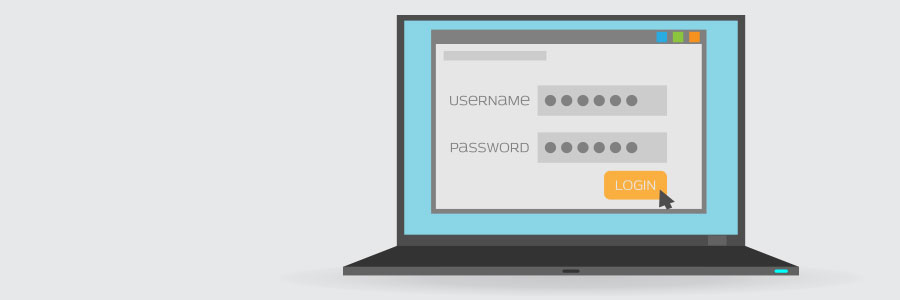Encouraging staff to work from home is extremely vital in the midst of the COVID-19 outbreak. By minimizing social interactions and contact risks, you can reduce the spread of the virus. But be warned. Transitioning from a fully managed business environment to a home office can leave you vulnerable to cyberattacks and online scams.
How to work from home securely
Why autocomplete passwords are risky
3 Hacker types you need to know about
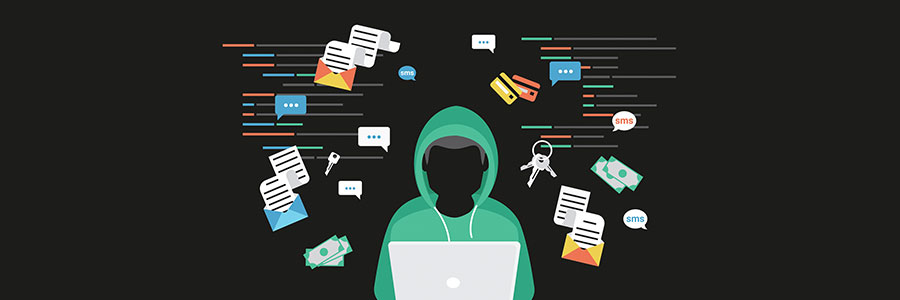
What do you call someone who hunts for security gaps in computer hardware and software? A hacker, right? What about someone who executes a vulnerability test and presents their findings to software vendors to help them improve the quality of their products? There is more than one type of hacker, and understanding the difference is important.
Office 365 hacking: What you need to know
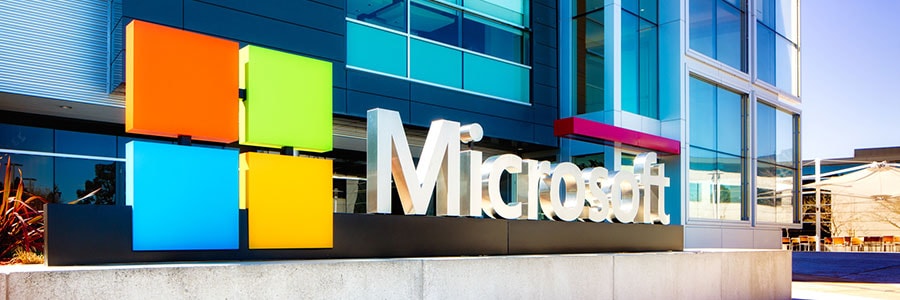
Some hackers have become so skilled that they don’t even need you to give up your credentials to hack into your account. One recent cyberthreat is targeted towards users of Microsoft Office 365. You don’t want to be the next victim, so read up.
A phishing scam that harvests users’ credentials
The latest cyberattack on Microsoft Office 365 involves harvesting users’ credentials.
Mitigating cybersecurity insider threats

Did you know that in some industries the biggest cybersecurity threats come from inside a breached organization? Sometimes it's motivated by financial gain and sometimes it's plain-old ignorance. So how can you protect your organization from insider threats?
#1 Educate
You must teach your team to recognize personally identifiable information (PII) and understand the financial implications of a breach.
No ransom: A place for free decryption
Every business needs an MSP for cybersecurity

Businesses can no longer afford to relegate cybersecurity to the bottom of the budget, not with cyberattacks targeting any business regardless of size, strict security, and privacy regulations surrounding data. Businesses with a small or limited budget have the advantage of partnering with a managed IT services provider (MSP) for their cybersecurity needs.
Fileless malware: Are you at risk?
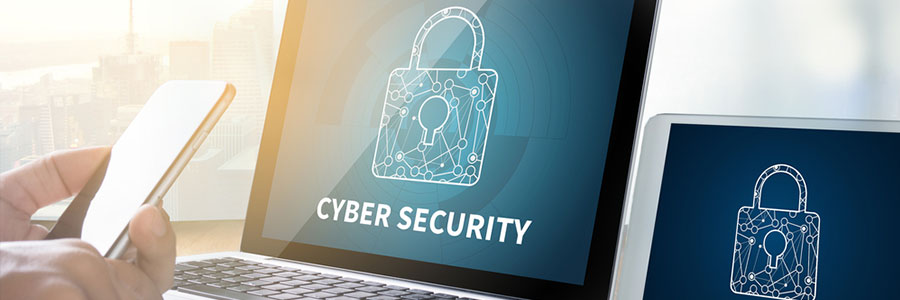
Over the past few years, the security industry has been witnessing a rapid evolution in attack techniques, including fileless malware, which uses legitimate tools and services such as existing software, applications, and authorized protocols to carry out malicious activities such as unauthorized data retrieval or data damage.
Are autocomplete passwords safe?
VPNs: Why you need them
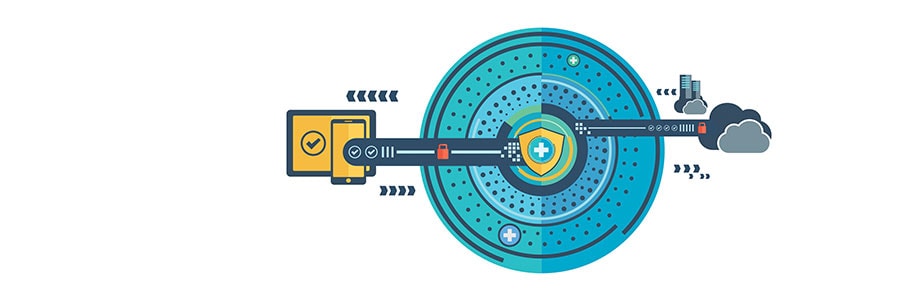
Installing antivirus software and setting strong passwords are no longer considered the bare minimum in cybersecurity. With hackers, third parties, and ISPs constantly monitoring networks and your online habits, hopping onto a virtual private network (VPN) is crucial for keeping your surfing habits private.


